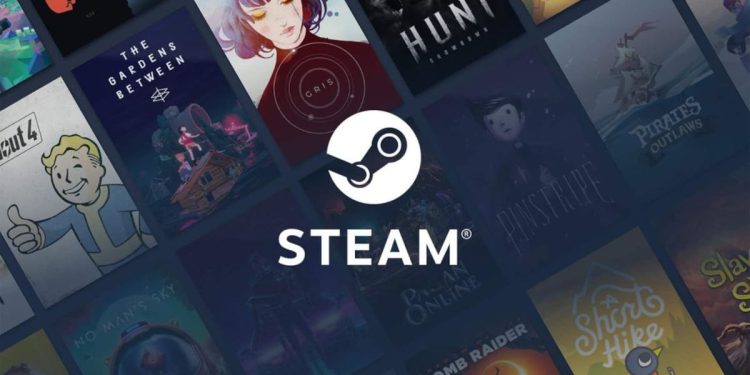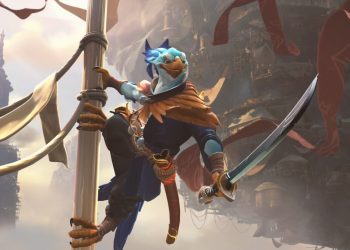Valve’s Steam Labs co-creator Ichiro Lambe, a long-time game industry whiz, shared some eye-opening stats about generative AI (GenAI) use on Steam. According to him, around 7% of all games on Steam already use GenAI, and by 2025, one in five new releases will feature it. That’s a huge leap from last year’s numbers, which Lambe says have octupled. This update is significant because it demonstrates how AI is becoming an integral part of game development, particularly on Steam’s expansive platform.
Ichiro Lambe’s background is quite impressive; he co-founded Worlds Apart, founded indie developer Dejobaan Games, and helped shape Steam Labs at Valve. Even though he’s no longer with Valve, he keeps tracking how AI is changing games on Steam.
His recent research found that approximately 7,818 games disclose the use of GenAI out of roughly 115,000 titles on Steam. That’s about 7% of the entire library. Lambe highlights that nearly 20% of games releasing in 2025 will openly include GenAI features. Wow, that’s one in five! But what exactly are these games doing with AI?
It turns out that most GenAI use is for creating visual assets, in around 60% of cases. Other popular uses include generating audio, such as text-to-speech for characters, writing narratives ranging from brief item descriptions to entire storylines, and even creating marketing materials. Code generation assistance is another big chunk. So, AI isn’t just a gimmick; it’s being put to work in multiple creative and technical areas.
Some indie games are utilizing AI in clever and innovative ways. For example, Comedy Night utilizes AI to automatically detect offensive names and content. Meanwhile, titles like AI Roguelite generate in-game content, live, text, images, sound effects, and Never Ending Dungeon uses AI to build diverse maps, NPCs, traps, and scenarios on the fly. It sounds like AI is helping these games feel fresh and unpredictable, which is kinda cool.
AI Roguelite is particularly interesting because it has 432 reviews with an 82% positive rating. Players seem to enjoy the freedom AI brings, with one review praising its wild storytelling possibilities. But of course, the type of player who tries AI Roguelite might already be open to AI-driven experiences, so the reception might not reflect everyone’s opinion.
Some of the biggest-selling games using AI do so more subtly. My Summer Car uses AI-generated paintings inside the main house, while Liar’s Bar employs AI to voice characters. The high-profile InZOI lets players create outfit textures, 3D items, and animations using text and video input, demonstrating AI’s expanding role.
Lambe points out that developers are cautious about how they discuss the use of AI. Many disclosures emphasize that humans remain in control to reassure players who are worried about a loss of quality and creativity. It’s a tricky balance, will this ease worries or just raise more questions? Yikes, who knows!
Importantly, these figures only count games that disclose AI use as per Valve’s rules. There are likely more games utilizing GenAI quietly or being called out for not disclosing it properly. Therefore, the actual number of AI-powered games may be higher than reported.
Looking ahead, it’s likely we’ll see even more games including GenAI in the future. But there’s also some resistance. Some developers reject AI tools outright, either due to ethical concerns about the training data or fears that AI might harm creativity and jobs. Additionally, numerous gamers and artists have voiced strong opposition to AI in games. How will this tension play out? How many AI games will Steam have by the end of 2024? I’m curious to see what unfolds.




















